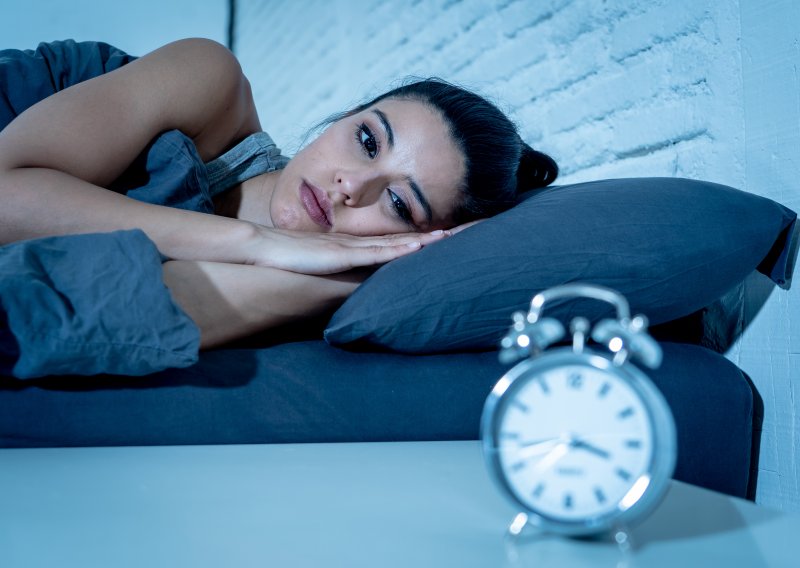
Do you struggle to stay asleep throughout the night? Do you find that you are constantly feeling exhausted throughout the day? Is your focus lacking when you are trying to get work done? You may think that taking a sleeping pill can help you get the quality sleep you need, but when you have sleep apnea, it can be quite the opposite. Continue reading to learn more about sleep apnea and why sleeping pills are likely not the best option for you.
What Is Sleep Apnea?
Sleep apnea is a common sleep disorder that affects an estimated 20 million Americans! Those with this condition repetitively stop breathing throughout the night when they sleep. This can last for 10 seconds or longer and can occur hundreds of times each night. This condition increases your risk of serious health conditions, like high blood pressure, heart attacks, strokes, and more. Here are some common signs that could suggest that you have sleep apnea:
- Loud snoring
- Waking up gasping for air
- Insomnia
- Daytime Sleepiness
- Difficulty concentrating
- Mood changes
- Frequent headaches
How Do Sleeping Pills Affect Sleep Apnea?
Sleeping pills are able to help some individuals who struggle with insomnia. However, if you have sleep apnea, taking sleeping pills is not a good idea. Obstructive sleep apnea (OSA) occurs when a person’s throat relaxes and blocks the flow of air. Sleeping pills can cause these same tissues to relax even more, resulting in sleep apnea symptoms that are even more severe. Ultimately, this isn’t the safest option for your body.
How Can Sleep Apnea Be Treated?
A popular treatment for sleep apnea is CPAP therapy. This consists of wearing a mask that covers the nose and/or mouth during sleep. The mask is connected to a machine that maintains a steady flow of air, keeping the airway open. While this is an effective option for lots of people, others find this method uncomfortable and difficult to comply with.
Fortunately, there is an alternative option to CPAP: oral appliance therapy. With this treatment, an oral appliance is customized just for you. It works by shifting your jaw into the proper position so that you are less likely to encounter obstructions and breathing cessations throughout the night. Users tend to find this method more comfortable to sleep with, so they are more likely to remain compliant with their treatment.
Sleep apnea can result in difficulty sleeping, but sleeping pills probably aren’t the solution. By discussing your concerns with your dentist, you can seek a diagnosis and put together a plan that can help you achieve the quality sleep that you deserve.
About the Author
Dr. Jay A. Nelson is an experienced sleep dentist who has been working in the dental field for many decades. He earned his Doctor of Dental Medicine degree from the University of Pennsylvania and is a Diplomate of the American Board of Dental Sleep Medicine, The American Academy of Craniofacial Dental Sleep Medicine, and the American Board of Sleep & Breathing. To learn more about sleep apnea or to schedule a consultation at his office in Wesley Chapel, visit his website or call (813) 733-4169.
